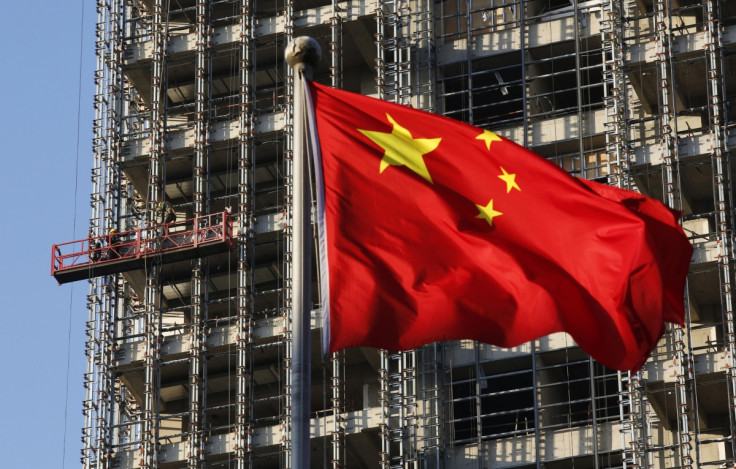China Housing Market Bubble Start to Pop as Economy Faces Hard-Landing

China's property bubble has already started to burst as the country struggles to avoid a hard-landing after the housing market became overheated with soaring prices.
China's commercial and residential property sectors are not doing well, especially in the city of Hangzho, which has "become the symbol of a market in distress", according to Forbes.
The world's largest retailer, Wal-Mart, is closing its Zhaohui store in Hangzhou on April 23 as a part of its overall plan to dump unprofitable locations. The sale of the large store comes as the city has too much supply of commercial properties, according to Forbes.
Hangzhou's Grade A office buildings at the end of 2013 had an average occupancy rate of 30%, according to real estate broker Jones Lang LaSalle.
In Hangzhou's residential sector, occupancy is weak and prices are declining due to massive overbuilding.
Secondary market for homes is facing a steep decline in prices, while developers are offering deep discount on new home sales, but investors and owners are not noticing.
"It seems that the 30% price cut in Hangzhou really changed the way Chinese people think about real estate," said Anne Stevenson-Yang of J Capital Research, "and I doubt there is any turning back from here."
"The real estate market in Hangzhou looks like it has just passed an inflection point. It is not so much that fundamentals have deteriorated—they have been weak for some time—as that people's mentality has changed," Forbes writes.
Despite deeper discounts, consumers are not buying properties, because they think that prices will come down further.
The Wall Street Journal earlier reported that the discounts in Hangzhou could be "a signal of broader market weakness ahead."
The data from the National Bureau of Statistics show that new home prices across the country are still going up, but percentage increases have declined for three consecutive months, signalling a peaking.
With rich Chinese shunning the home market for foreign assets, foreign investment in the China property sector remains negligible, and the middle class' being largely out of market, the secondary market in the country has tumbled.
In addition, sales of real estate investment trusts declined 49.1% sequentially in the first quarter.
Property sector accounts for about 15% of China's gross domestic product, and a collapse and pessimism in the sector is expected to affect the broader economy.
"If this continues, it will have immense impact on the whole Chinese economy," Forbes quoted an unidentified Hangzhou real estate salesman saying on the China Central Television's Economic 30 Minutes programme.
"Without question, everyone thinks there is a bubble."
Earlier, Christine Lagarde, managing director of the International Monetary Fund (IMF) warned that the world second-largest economy is facing a hard landing risk, which would have negative repercussions on other emerging markets.
Lagarde urged China to rein in risks in its shadow banking system and liberalise its financial sector to improve the allocation of credit.
Chinese Vice Finance Minister Zhu Guangyao rejected the analysis, saying it does not reflect the reality.
"Once people refuse to provide credit to developers, their balance sheets will be under pressure, forcing them to cut prices. Once enough of them cut prices, fewer people would buy because most people buy property only when they think the price is going up," said David Cui of Bank of America.
International Busines Times earlier reported that major Chinese property developers have been buying increasingly large stakes in regional banks, posing risk that an unravelling in the real estate market could leave both lenders and builders confronting losses big enough to pose a threat to the economy.
© Copyright IBTimes 2025. All rights reserved.






















